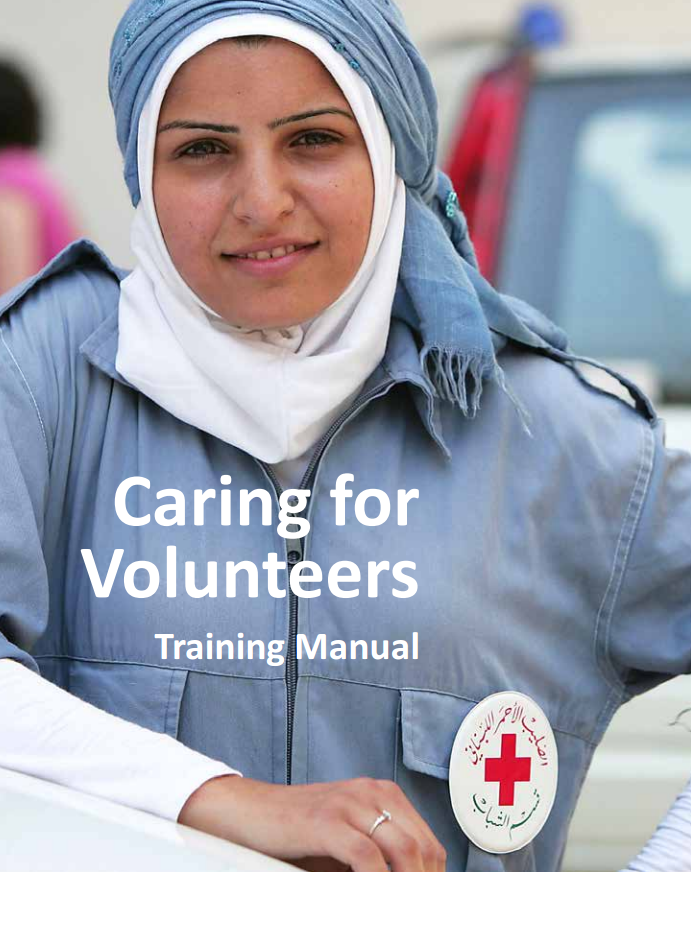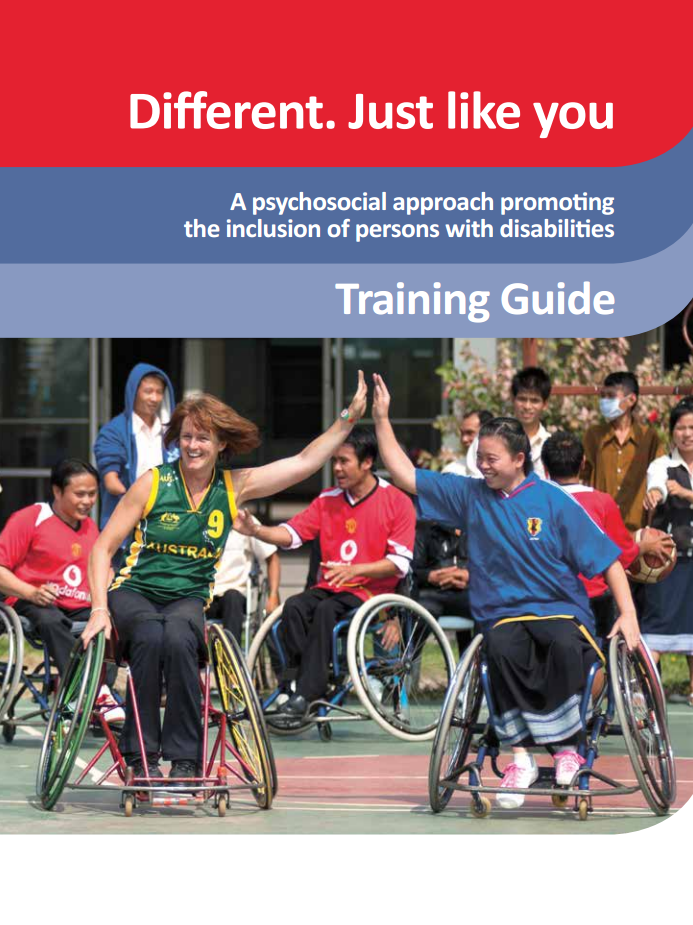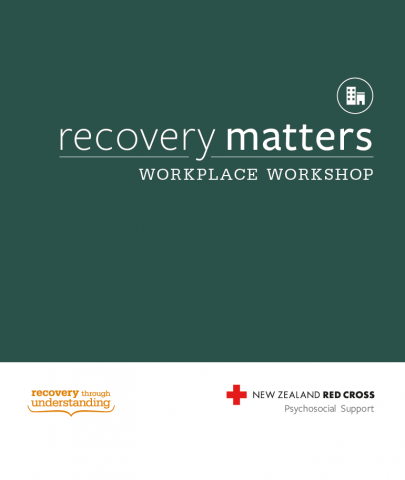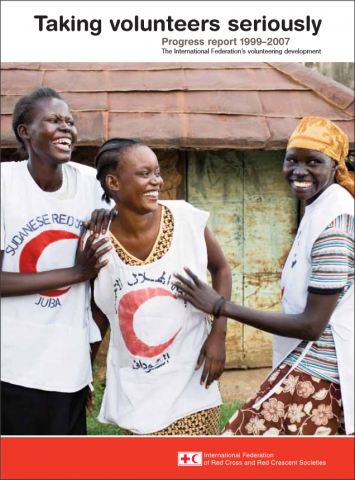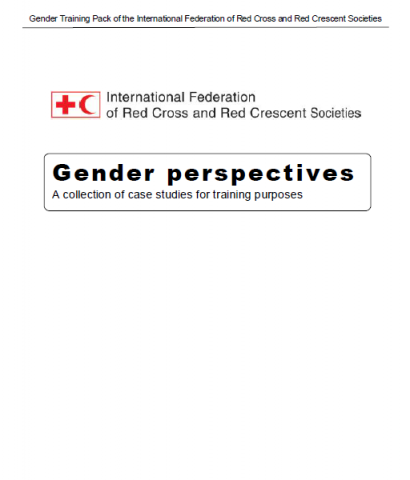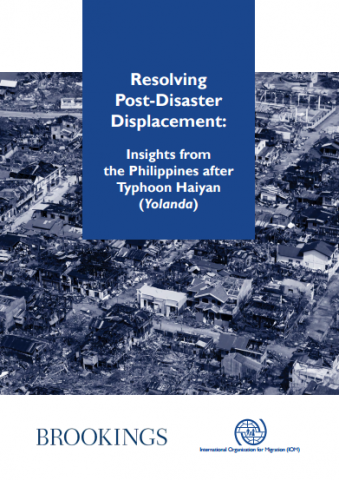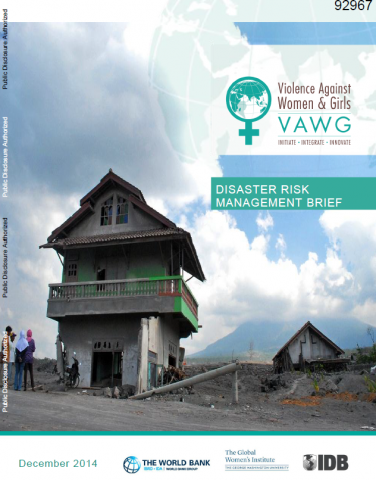Caring for Volunteers: Training Manual
Caring for Volunteers: Training Manual complements Caring for Volunteers: A Psychosocial Support Toolkit, which focuses on the well-being of volunteers in situations of crisis or catastrophe. The goal of the two-day training is to better train and prepare volunteers in helping beneficiaries, and to help volunteers learn to recognize signs of stress and take better care of […]
Caring for Volunteers: Training Manual Read More »

